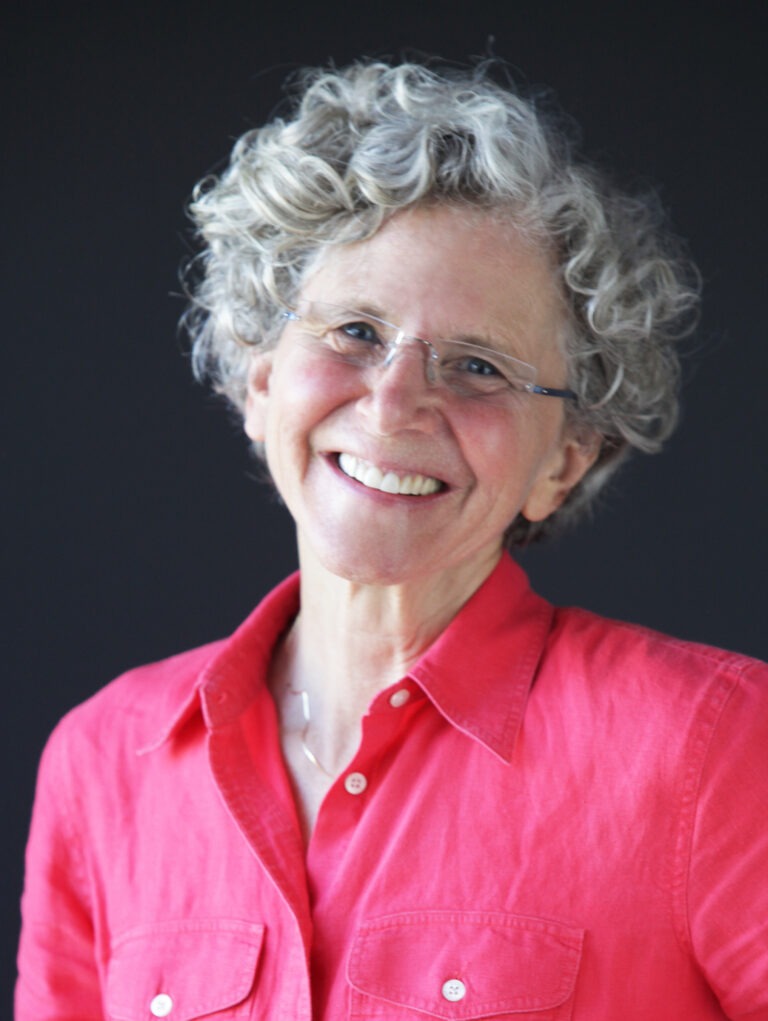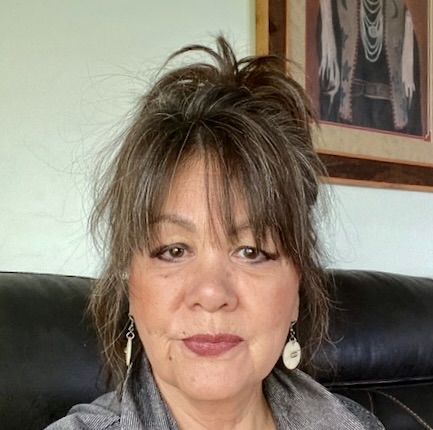7 upcoming broadcasts for Native American heritage month
We have 7 broadcasts coming to PBS for this Native American Heritage Month ranging from the evolution of horses in North America to learning about the life of historic Native hockey player Henry Boucha to the significance of cultural burning!
- Oct. 26th: Native Horse produced by James Kleinert (Onondaga)
- Nov. 1st: And Knowledge to Keep Us produced by Torsten Kjellstrand, Sven Haakanson (Sugpiat), & Mark Blaine
- Nov. 1st: The Electric Indian produced by Leya Hale (Sisseton Wahpeton Dakota and Diné Nation)
- Nov. 2nd: Oyate Woyaka produced by Bryant High Horse (Lakota) & George McAuliffe
- Nov. 2nd: The Bears on Pine Ridge produced by Noel Bass & Sonny SkyHawk (Sicangu Lakota)
- Nov. 4th: Scha’nexw Elhtal’nexw Salmon People: Preserving a Way of Life produced by Darrell Hillaire (Lummi) & Beth Basa Pielert
- Nov. 18th: Firelighters: Fire is Medicine produced by Sande Zeig
You can go to PBS.org and check your local listings for when they’ll air in your area.
Native Horse looks at the evolution of horses in North America by placing Indigenous Lakota science, which has always dispelled the claim that horses died out before being re-introduced by the Spanish, alongside ground-breaking DNA research. Today, new discoveries in Western science have come together with Lakota scientists to create a more complete understanding of the Horse, its evolution, and its bond with humans. This film is an expansive and intimate exploration of our interconnectedness with the Horse, each other, and our environment. In soul-felt interviews, Native American Elders, Horsemen, and Horsewomen explain their ancient relationship with Horse Nation. Dr. N. Scott Momaday (Kiowa Pulitzer Prize winning author) references the age-old mythical story of The Centaur, asking the question of Horse and Man evolving together and being one. The Wild Horse, the representative of the expressive spirit of America-freedom, family, and community, is one of the heroes of this journey

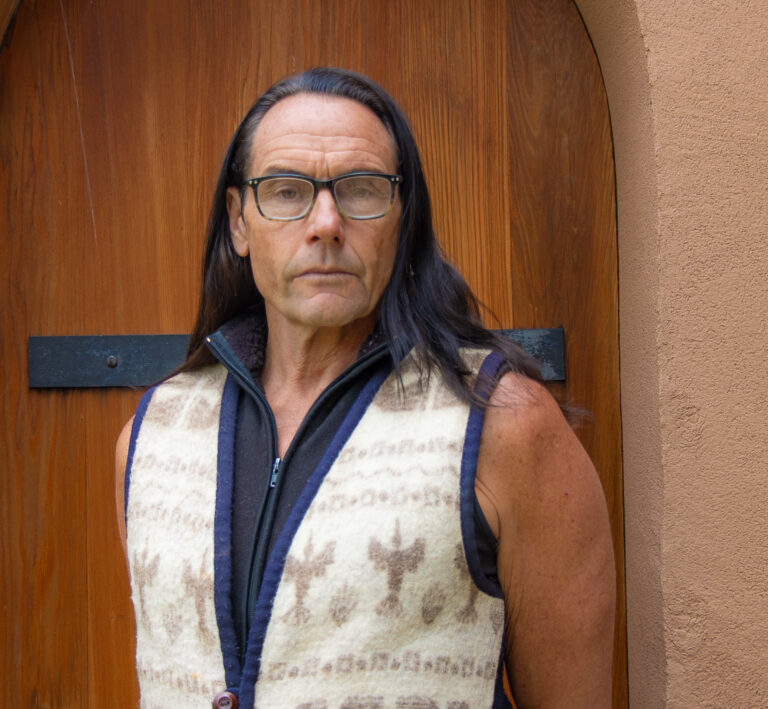
And the Knowledge to Keep Us is a documentary about a community reconnecting with its deep, rich culture and using that knowledge to try to heal from what had been taken over many generations. It’s also the story of a people charting a way forward for their children in a place of abundance—their home—that’s significance is often misunderstood by people who are not familiar with life in the northern reaches of the globe.



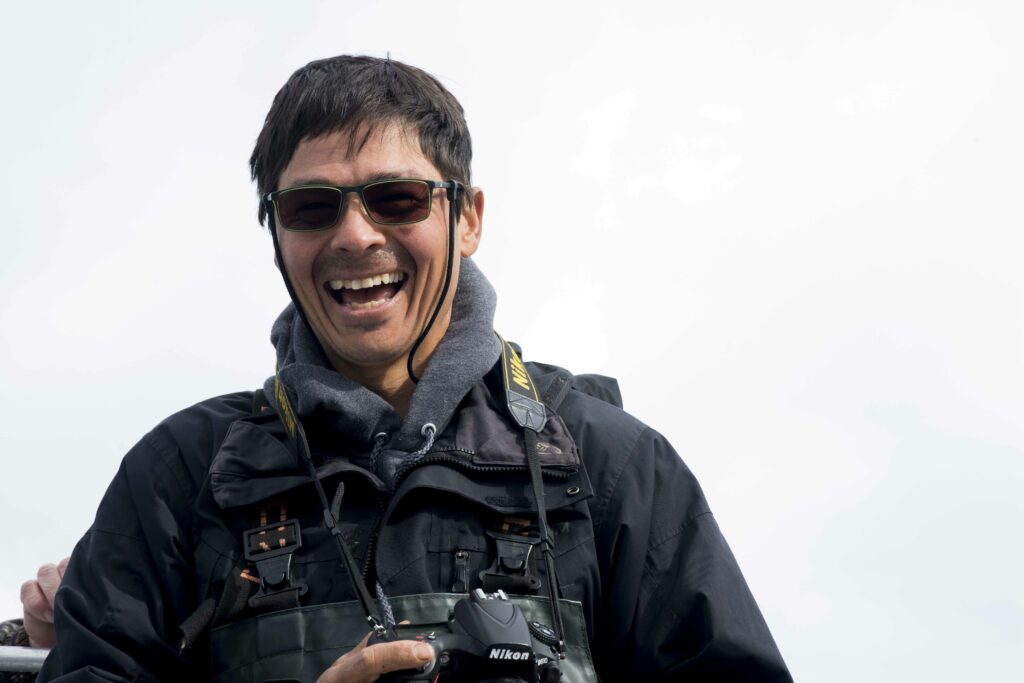
A documentary from filmmaker Leya Hale (Sisseton Wahpeton Dakota & Diné), The Electric Indian follows hockey legend, Henry Boucha (Ojibwe). A stand-out hockey star from Warroad, Minnesota, Boucha impressed on the ice from the 1969 Minnesota High School Hockey Tournament to the 1972 Olympics to the NHL, but an on-ice assault and injury ended his athletic career that unexpectedly led to a journey of healing and cultural reclamation.

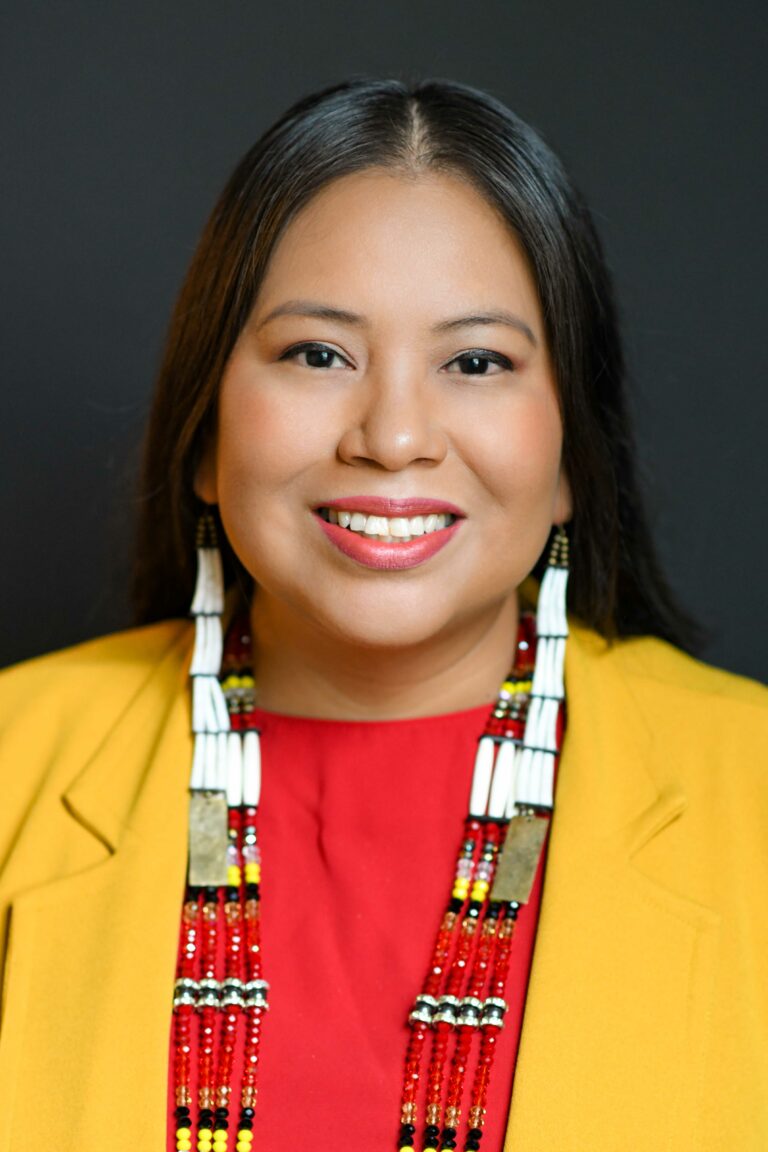
Oyate Woyaka tells the story of the Lakota language history, loss and revitalization. The film touches on the deep history and spirituality of the language, the shocking history that caused Lakota to be on the verge of extinction and the modern efforts being made to bring language back to life and the immense challenges this effort faces.
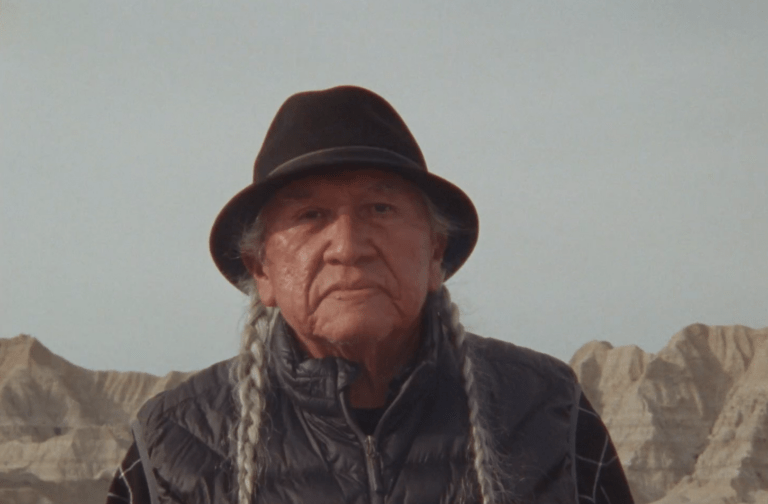

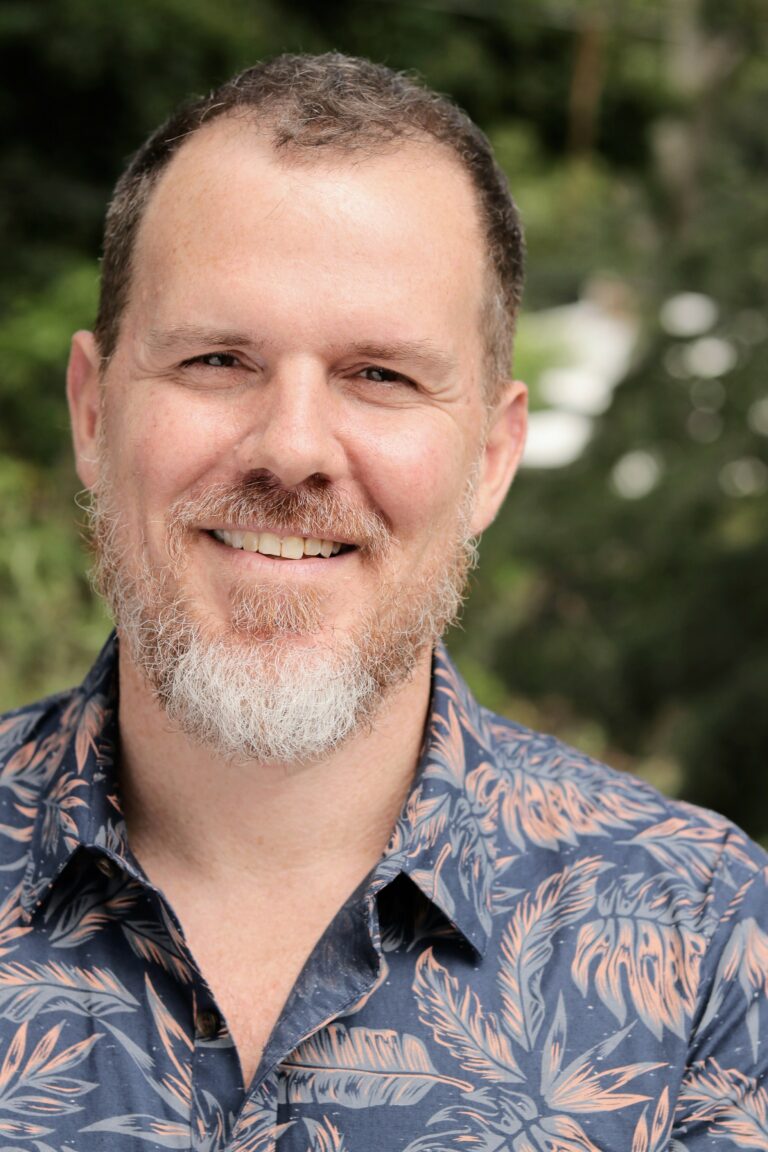
Pine Ridge faces a State-of-Emergency over youth suicides. With few resources, the community must take prevention efforts into their own hands. A tenacious Lakota elder leads a group of young suicide-survivors, to help spread awareness.


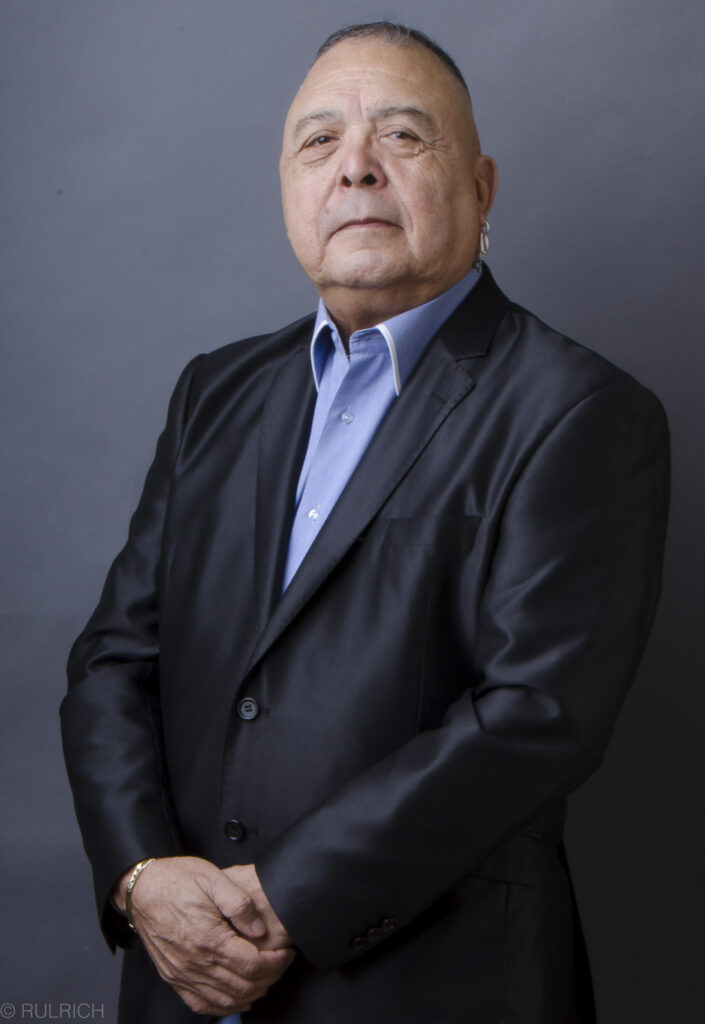
Scha’nexw Elhtal’nexw Salmon People: Preserving a Way of Life is an hour-long documentary inspired by the late Chexanexwh Larry Kinley (Lummi), a fisherman and tribal leader who embodied a belief in tribal sovereignty. The film follows two Lummi families fishing for sockeye. As they come to grips with a depleting fishery, Larry asks: “Who Are We Without Salmon?” Celebrating the resilience and adaptive natures of salmon and the people, the film is a reflection on a spiritual life way centered on respect and gratitude for salmon.


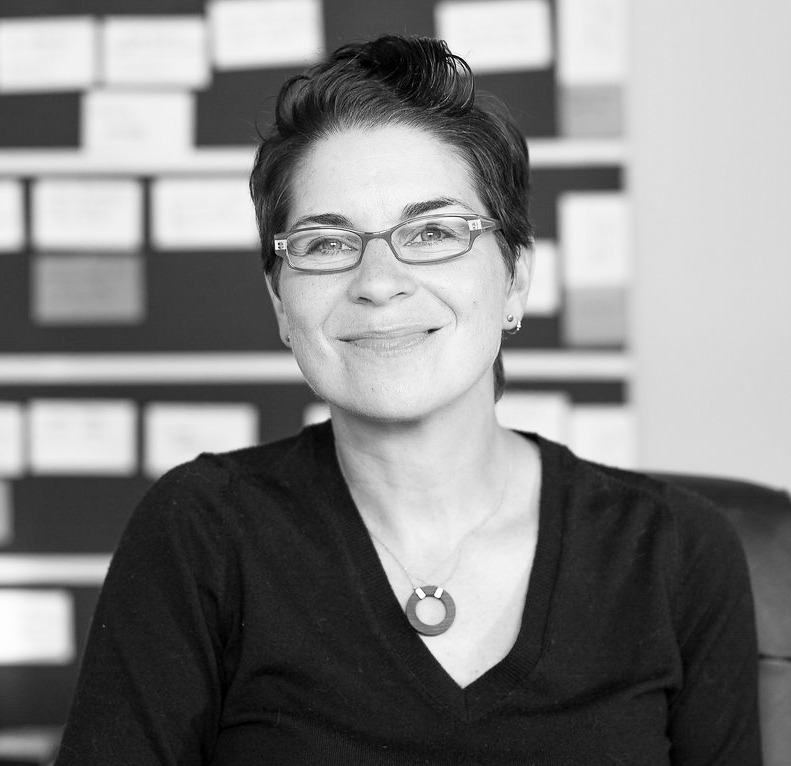
In the densely forested Humboldt County, California, Indigenous women leaders from the Yurok, Hoopa and Karuk tribes are building educational resources to share Indigenous land management practices and create policies to reinstate Indigenous burning rights.

